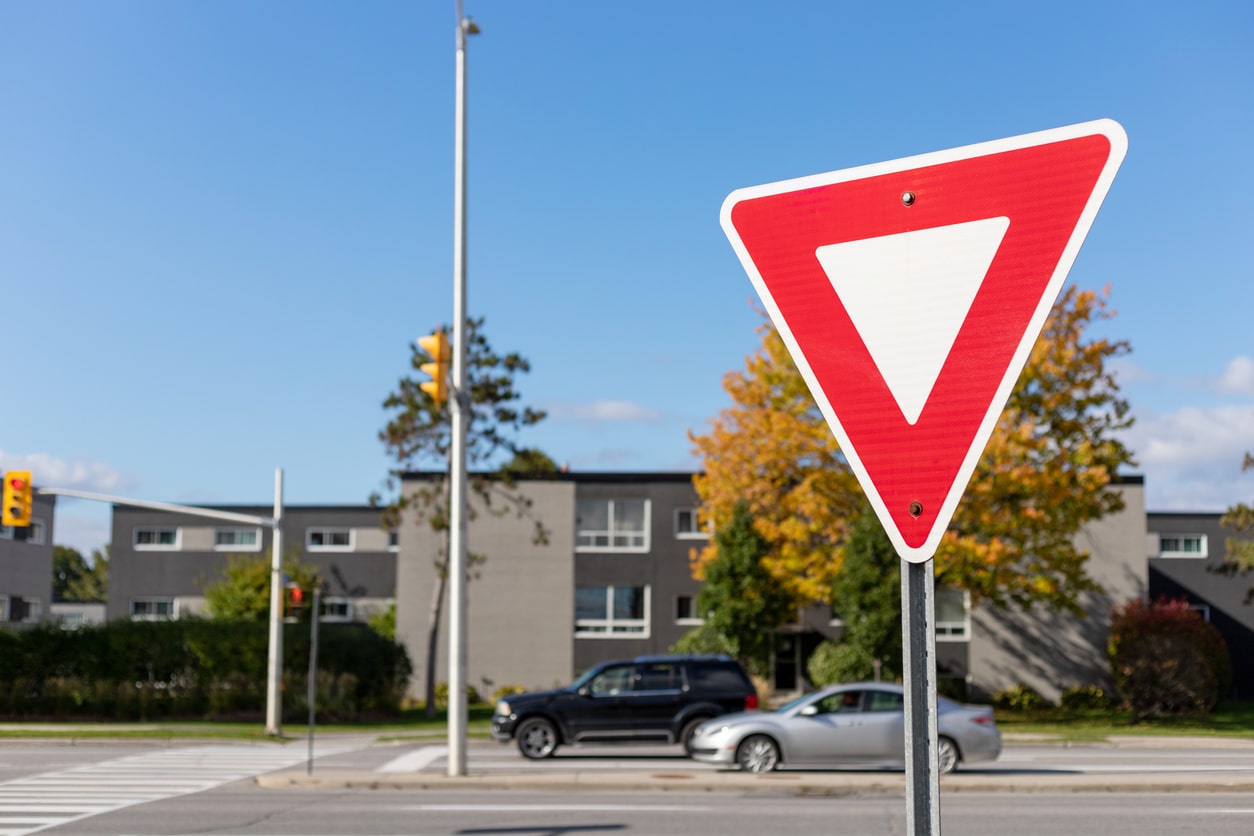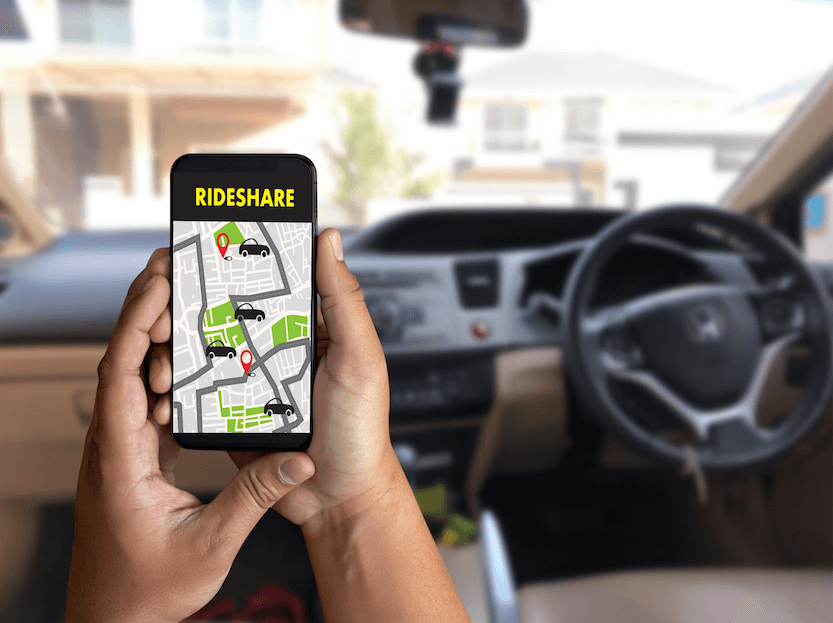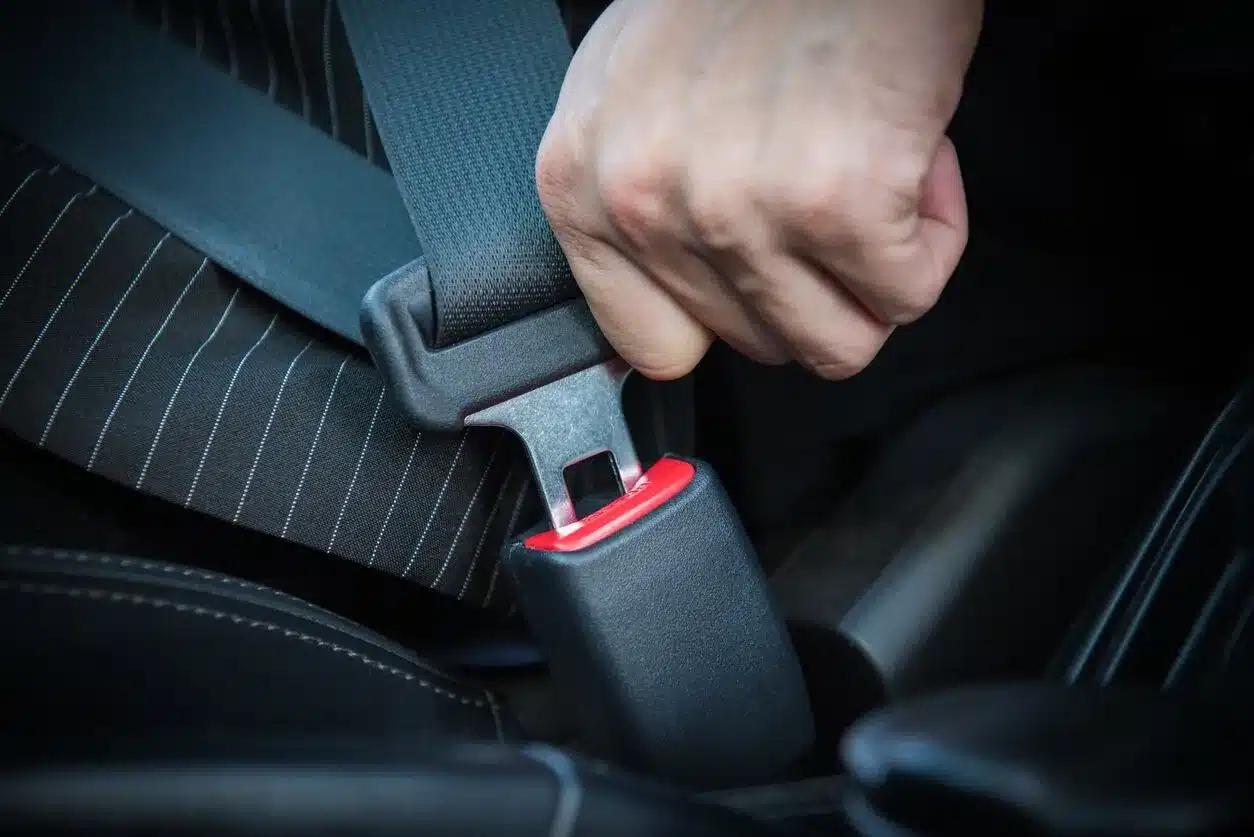Slip and fall accidents can happen anywhere—whether you’re walking through a grocery store, navigating a parking lot, or simply strolling down a public sidewalk. However, when it comes to handling these accidents from a legal perspective, there are some important distinctions between slip and falls on public versus private property. Understanding these differences can play a crucial role in determining liability, evidence needed, and your chances of receiving compensation.
At 770GoodLaw, Car Accident Lawyers, we’re here to break down what you need to know about handling slip and fall accidents on public versus private property.
Understanding Liability in Slip and Fall Accidents
In Georgia, property owners (or those in control of the premises) are generally expected to keep their properties safe for those who lawfully enter them. When someone sustains an injury from a slip, trip, or fall, property owners could be liable if they failed to address hazards or warn visitors of potential dangers.
However, the approach to establishing liability differs based on whether the incident occurred on public or private property.
Slip and Falls on Private Property
Private property includes homes, apartment complexes, retail stores, restaurants, parking lots, and other privately owned spaces. In cases of slip and fall accidents on private property, liability typically falls on the property owner or tenant. Here are a few key considerations:
Duty of Care: Private property owners owe a duty of care to visitors. For example, a store owner is responsible for maintaining safe floors, aisles, and entryways. If a hazard, such as a wet floor, broken stair, or loose rug, is present and not addressed promptly, the property owner or occupant could be held liable for injuries.
Notification of Hazard: If the property owner was aware (or reasonably should have been aware) of the hazard and failed to address it, they could be responsible for damages. Evidence of negligence could include witness statements, security footage, maintenance records, or photos of the hazard.
Invitees vs. Licensees vs. Trespassers: Georgia law makes distinctions between types of visitors. Invitees, such as customers, are owed the highest duty of care, while licensees (e.g., social guests) have slightly less protection. Trespassers generally have limited rights to claim compensation unless the owner acted with gross negligence or malicious intent.
Insurance Coverage: In most cases, private property owners have liability insurance to cover accidents. Filing a claim can often lead to settlements, though some cases may need to go to court if there is a dispute over fault or compensation.
Slip and Falls on Public Property
Public property includes sidewalks, parks, government buildings, and streets maintained by local, state, or federal government entities. Handling a slip and fall accident on public property can be more complex due to the involvement of governmental entities and their protections under sovereign immunity, a legal doctrine that can limit lawsuits against the government. Here’s what to consider:
Notice Requirements: Claims against government entities must adhere to strict deadlines. In Georgia, you must file a notice of claim within a specific period (usually six months for city and county claims and one year for state claims). Missing these deadlines could forfeit your chance to recover damages.
Proving Government Negligence: To hold a public entity liable, you must demonstrate that it was aware (or should have been aware) of the hazard and failed to address it in a r easonable timeframe. For instance, if you slipped on ice in a public park where there were no warning signs or attempts to de-ice the area, you may have grounds for a claim. However, gathering evidence to prove the government’s knowledge of the hazard can be challenging.
Exceptions for Design Defects: In some cases, hazardous conditions may be due to flawed design rather than maintenance issues. For example, uneven sidewalks or poorly designed stairs could lead to falls. However, claims based on design flaws are often more difficult to win since you must prove the defect and its direct contribution to your injury.
Limited Damages: Even if you can file a successful claim against a government entity, damages might be capped under Georgia law. Consulting with an attorney is crucial to understand what compensation you may be eligible to pursue.
Evidence and Documentation
Whether your accident occurs on public or private property, the evidence you gather at the scene is essential for supporting your claim. This includes:
- Photographs: Take pictures of the hazard and surrounding area immediately after the fall. Visual evidence is invaluable.
- Witnesses: Collect contact information from anyone who saw the accident.
- Incident Report: If you fell in a store or other commercial property, report the incident to management and request a copy of the report.
- Medical Records: Seek medical attention promptly. Your medical records will help establish a timeline and demonstrate the severity of your injuries.
- Personal Notes: Document your recollection of the event, pain levels, and any daily limitations or costs incurred due to the injury.
Seeking Legal Assistance
Navigating a slip and fall case can be daunting, especially with the added complexities of handling claims against government entities or negotiating with insurance companies. An experienced personal injury lawyer can help assess the circumstances of your accident, guide you in collecting evidence, and negotiate on your behalf to pursue fair compensation.
Get the Support You Deserve
If you’ve been injured in a slip and fall accident—whether on public or private property—770GoodLaw, Car Accident Lawyers is here to help. We understand the intricacies of slip and fall claims and are committed to helping you recover the compensation you deserve.
Contact us today to schedule a free consultation, and let us help you take the next steps toward recovery and justice.



